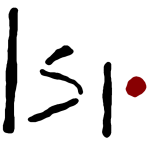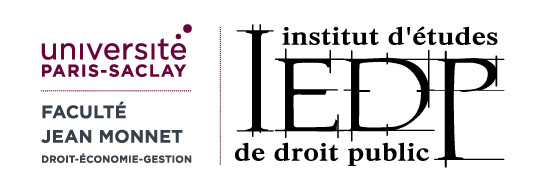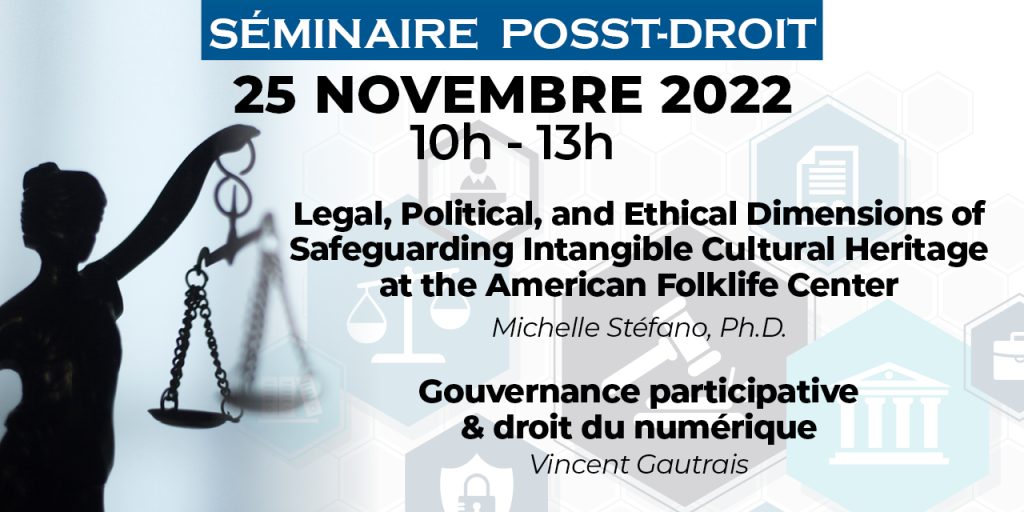Séminaire PoSST-Droit
INFORMATIONS
Le 25 novembre 2022 aura lieu à l’ENS Paris-Saclay une séance du séminaire PoSST-Droit lors duquel deux intervenants présenteront leurs travaux de 10h à 13h :
– Michelle Stéfano, (Ph.D., Folklife Specialist since 2016 at the American Folklife Center in the Library of Congress, Washington) : « Legal, Political, and Ethical Dimensions of Safeguarding Intangible Cultural Heritage at the American Folklife Center »
– Vincent Gautrais (professeur titulaire à la Faculté de droit de l’Université de Montréal): « Gouvernance participative et droit du numérique ».
La séance se tiendra en salle 3K07, au troisième étage de l’ENS Paris-Saclay, bâtiment Ouest.
Pour celles et ceux qui ne pourraient pas se déplacer, vous pourrez nous rejoindre en ligne grâce aux coordonnées ci-dessous.
ID de réunion : 834 8973 7022
Code secret : 88152815
programme
- Michelle Stéfano, Ph.D., Folklife Specialist since 2016 at the American Folklife Center in the Library of Congress, Washington
Titre de l’intervention : Legal, Political, and Ethical Dimensions of Safeguarding Intangible Cultural Heritage at the American Folklife Center
The presentation focuses on the American Folklife Center (AFC), a national-level cultural heritage institution that was established in the Library of Congress by U.S. Congress via the 1976 American Folklife Preservation Act (Public Law 94-201). Contextualized within the wider “public folklore” discipline and profession, I examine from legal and political perspectives the work of AFC staff in safeguarding, promoting, and supporting people’s living cultural traditions, or “folklife”, a concept comparable to patrimoine culturel immatériel (PCI/ICH) of the global UNESCO paradigm. Although the U.S. is not a State Party to UNESCO’s 2003 Convention for the Safeguarding of the Intangible Cultural Heritage, nor a Member State of UNESCO, the public folklore ‘system’ – developed in the 1960s, and pre-dating related UNESCO endeavors – serves to support a multitude of local-level, community-guided collaborations across the U.S. in sustaining folklife. Since 1976, the AFC has bolstered these nationwide efforts through its support of ethnographic research and documentation, educational initiatives, archival preservation, grant programs, and an array of public programming and events.
In this light, I trace from the legal perspective certain guiding, rights-based concepts that were mobilized in the fight for establishing the Center (and wider public folklore discipline), and how the American Folklife Preservation Act shapes the priorities and practice of staff to “preserve and present folklife”, as explicitly mandated. Moreover, the AFC is home to one of the largest ethnographic archives in the world, with numerous collections documenting the cultures of marginalized and oppressed communities from the late 19th century to today. As such, I examine the intersections of intellectual property law and the development of ethical standards and practice enacted by the Center’s public folklorists, archivists, and librarians. Here, I surface longstanding political – i.e. colonial/settler colonial – legacies that have underpinned heritage institutions and practice, and the resultant imbalances of decision-making power that need to be redressed. Accordingly, I discuss not only a range of safeguarding methods, activities, and programs, but how legal and political considerations have both influenced and challenged the advancement of ethics and equity in uplifting community authority and enhancing representation, inclusion, and support of diverse culture keepers – in terms of race, ethnicity, gender and sexuality, class/occupation, geography, and intersections thereof – whose ICH takes center stage.
- Vincent Gautrais (chercheur au CRDP, professeur titulaire à la Faculté de droit de l’Université de Montréal, et titulaire de la Chaire L.R. Wilson sur le droit des technologies de l’information et du commerce électronique.)
Titre de l’intervention : « Gouvernance participative + droit du numérique ». La nouvelle loi canadienne en matière de vie privée tend la main vers les normes de l’industrie, dans une mouvance néo-libérale bien connue et bien commune. Vincent Gautrais présente un projet dont l’objet est de participer à l’élaboration de ces règles en les définissant et les identifiant, le tout suite à un processus collaboratif impliquant académiques, industrie et gouvernement. Lien utile spécifiant le projet



